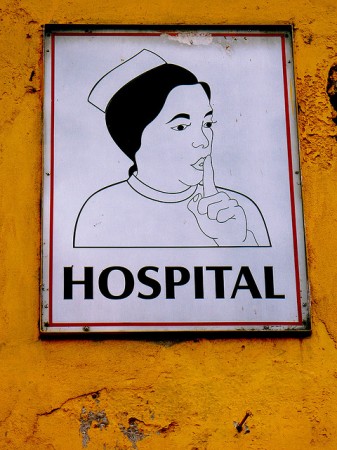
On Monday, 14 March 2011, seven Guatemalan citizens filed suit against US health officials over nonconsensual medical experiments – including the infection of some 700 Guatemalan prisoners, soldiers, mental patients and orphans with syphilis – carried out in the Central American country by American doctors between 1948 and 1964.
The Guatemalan study, which was never published, came to light in 2010 after Wellesley College Professor Susan Reverby stumbled upon archived documents outlining the experiments led by the controversial doctor John Cutler. According to the documents, American scientists persuaded prison and orphanage authorities to allow them to deliberately infect hundreds of Guatemalans with syphilis in order to test the efficacy of penicillin, in exchange for medical equipment like refrigerators, and medication to treat epilepsy and malaria.
Today’s Guatemalan lawsuit calls to mind the 1930s Tuskegee syphilis experiments in Alabama, where hundreds of African Americans were observed for over 40 years, without being told they had been infected and without being treated, even after penicillin became available. Needless to say, US government doctors at the time thought it perfectly appropriate to experiment on disabled people, minorities or prison inmates – practices all too familiar from Europe and East Asia in the 1930s.

